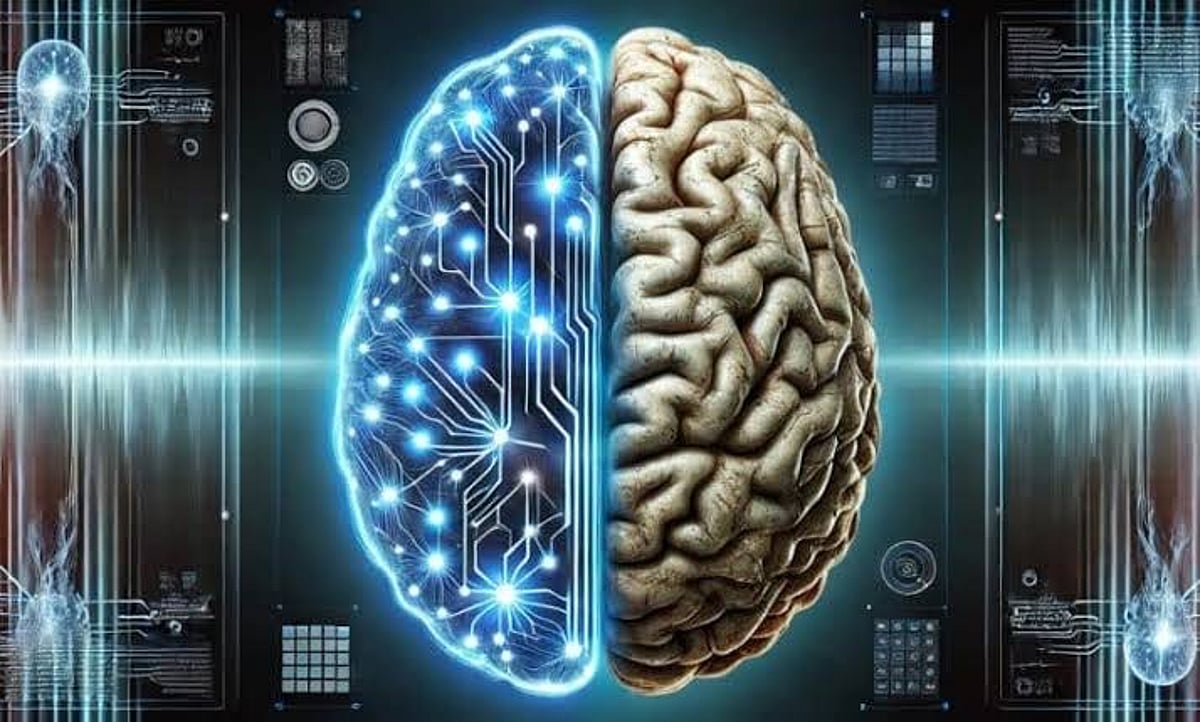AI Systems Enhance Early Detection of Dementia and Alzheimer
Recent advancements in artificial intelligence are paving the way for improved healthcare solutions, particularly in the realm of cognitive disorders. A research team from Mohamed bin Zayed University of Artificial Intelligence (MBZUAI) and Sheikh Shakhbout Medical City has unveiled two AI systems aimed at enhancing the early detection and diagnosis of dementia and Alzheimer’s disease.
Development of AI Systems
The two newly developed systems utilize graph neural networks (GNNs), a cutting-edge deep learning architecture that excels in processing complex medical data. This technology not only enhances diagnostic accuracy but also provides interpretable results, which is crucial for healthcare professionals. Understanding how AI arrives at its conclusions allows doctors to make more informed decisions regarding patient care.
The systems were introduced at the 28th International Conference on Medical Image Computing and Computer-Assisted Intervention (MICCAI) in Daejeon, South Korea. Dr. Mohamed Yaqub, an Associate Professor at MBZUAI and co-developer of the systems, emphasized the importance of these innovations in addressing the growing challenge of dementia, which currently affects approximately 55 million people globally—a figure projected to triple by 2050.
ClinGRAD: A New Diagnostic Tool
The first system, ClinGRAD, is designed to classify dementia patients into three categories: mild cognitive impairment, vascular dementia, and Alzheimer’s disease. Misdiagnosis is a significant issue in dementia care, with estimates suggesting that 20–30% of patients receive incorrect diagnoses, which can lead to serious consequences, including premature mortality and diminished quality of life.
ClinGRAD operates by analyzing biological markers associated with dementia, such as structural changes in the brain observable through MRI scans and gene co-expression networks. The model has demonstrated an impressive accuracy rate of 98.75% on benchmark datasets, significantly surpassing existing diagnostic methods.
MAGNET-AD: Early Detection of Alzheimer’s
The second system, MAGNET-AD, focuses on the early detection of Alzheimer’s disease, identifying potential indicators before symptoms manifest. This system predicts a patient’s cognitive performance score (PACC) and estimates the time until disease onset by analyzing longitudinal data, which includes brain scans, genetic information, and electronic health records.
MAGNET-AD stands out as the first interpretable framework that integrates spatial, temporal, and multi-modal data into a unified model. It achieved a C-index of 0.8582, outperforming the next-best model, which scored 0.8041, thereby showcasing its potential for early intervention.
Empowering Physicians with AI
Both ClinGRAD and MAGNET-AD were developed with a strong emphasis on interpretability, fostering trust and collaboration between AI systems and healthcare professionals. Salma Hassan, a PhD candidate at MBZUAI and co-developer of the systems, highlighted that the primary goal is to empower physicians by providing them with comprehensive, data-driven insights to enhance their diagnostic capabilities.
The development team also included Dr. Mustafa Salem, Dr. Vijay Ram Kumar Bapineni, and Dr. Ayman El-Sayed, all of whom contributed their expertise to this groundbreaking project.
Future Directions
Looking ahead, the research team plans to validate their models using more diverse datasets and explore the integration of additional biological data types. This expansion aims to enhance the clinical applicability of their systems in the ongoing fight against dementia and Alzheimer’s disease.
FAQs
What are the main features of ClinGRAD?
ClinGRAD classifies dementia patients into three categories and focuses on biological markers observable through MRI scans, achieving high diagnostic accuracy.
How does MAGNET-AD differ from ClinGRAD?
MAGNET-AD is designed for early detection of Alzheimer’s, predicting cognitive performance and disease onset by analyzing longitudinal data, while ClinGRAD classifies existing dementia cases.
Why is interpretability important in AI for healthcare?
Interpretability allows healthcare professionals to understand AI decision-making processes, fostering trust and enabling informed clinical decisions.
Conclusion
The development of ClinGRAD and MAGNET-AD represents a significant advancement in the early detection and diagnosis of dementia and Alzheimer’s disease. By combining cutting-edge AI technology with a focus on interpretability, these systems aim to empower healthcare professionals and improve patient outcomes. Future testing and enhancements will further broaden their clinical applications, potentially transforming dementia care.
Also Read:
Unified RFID System Launches for Luzon Toll Roads
Enhancing Women’s Hematology Care at PRIME Hospital Dubai






